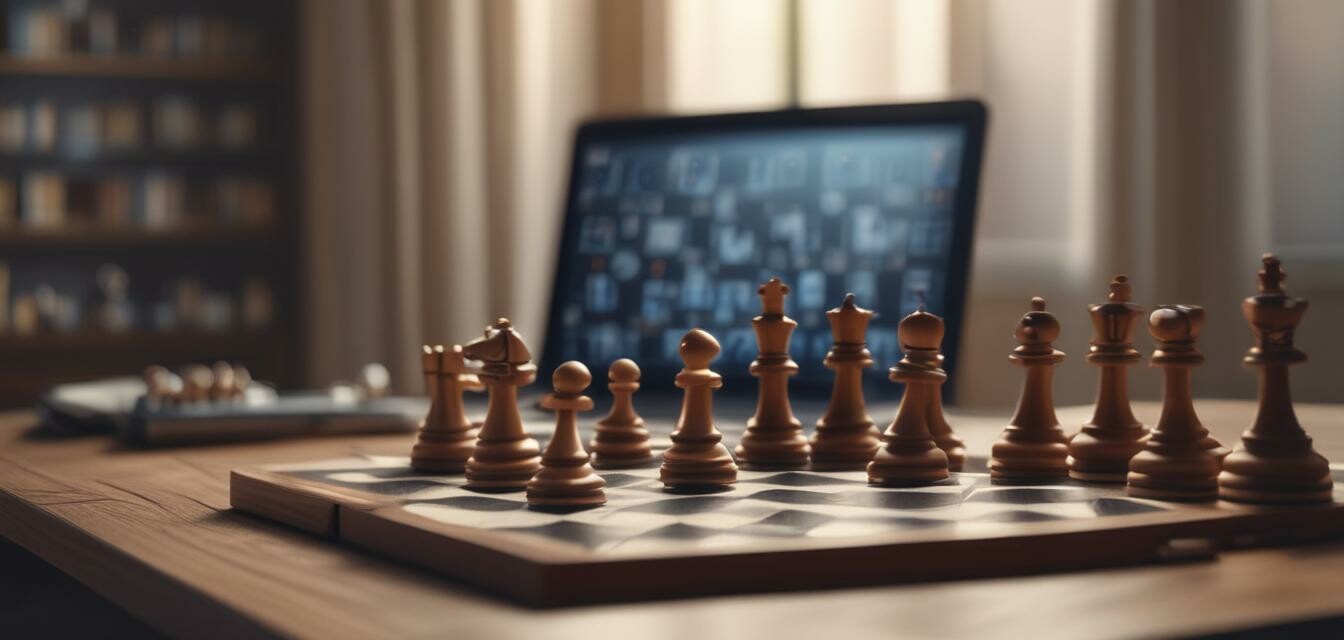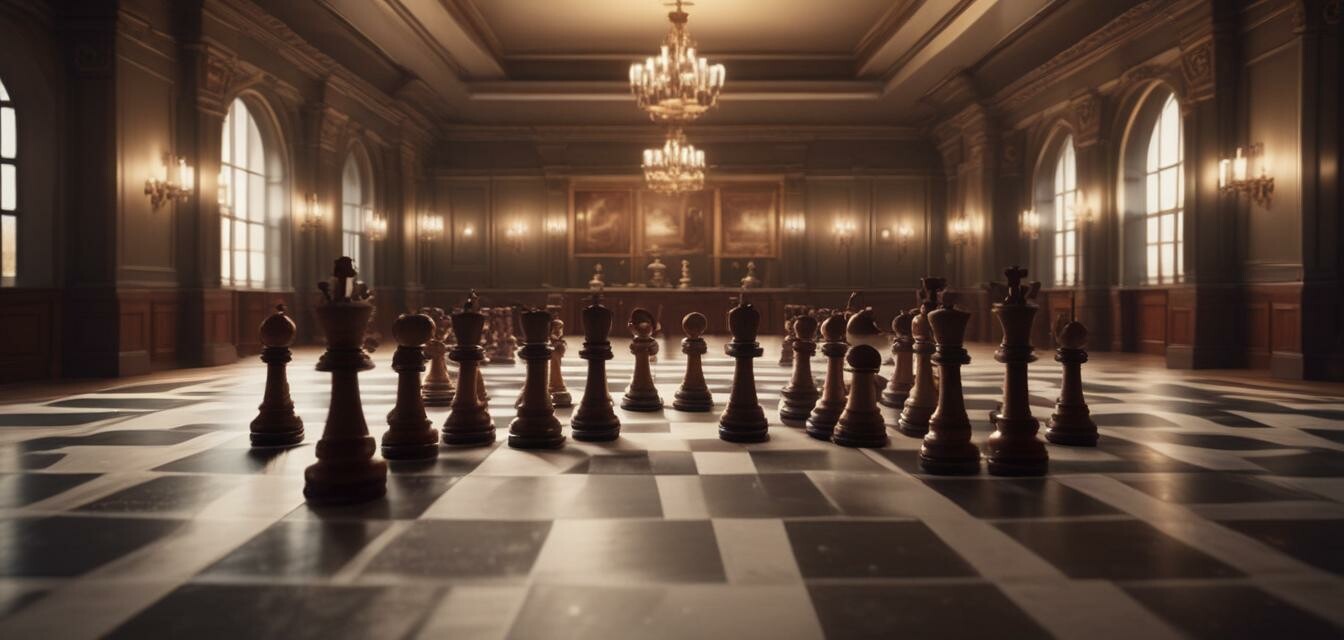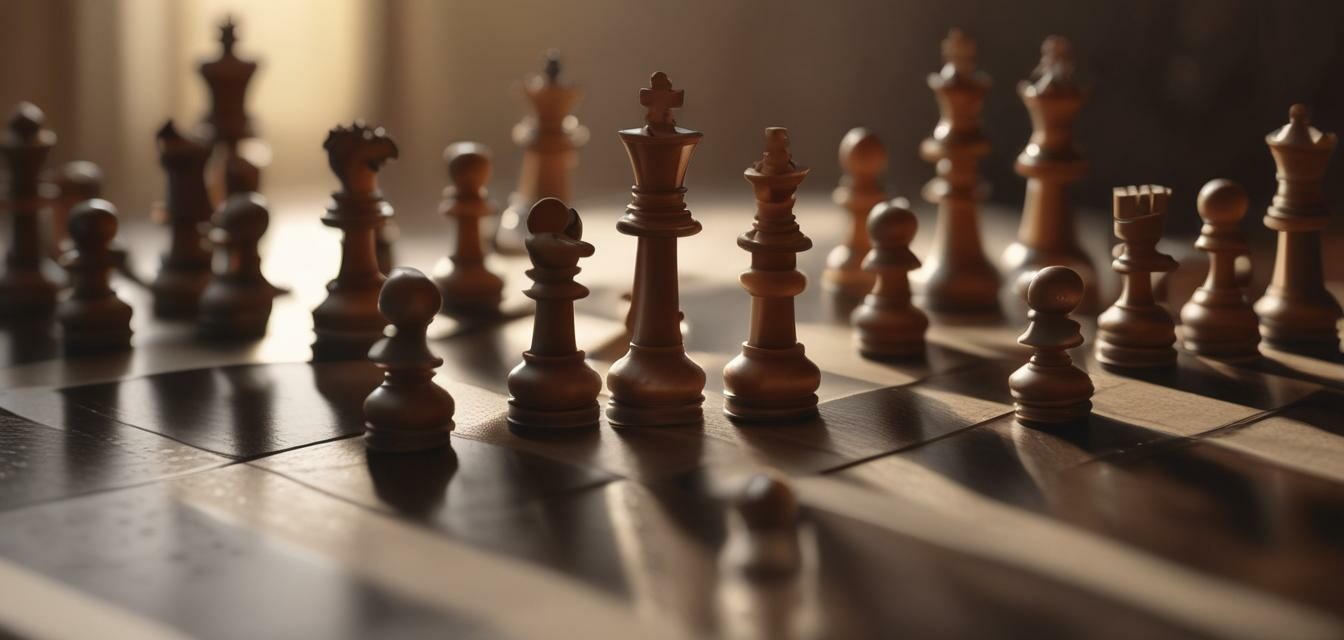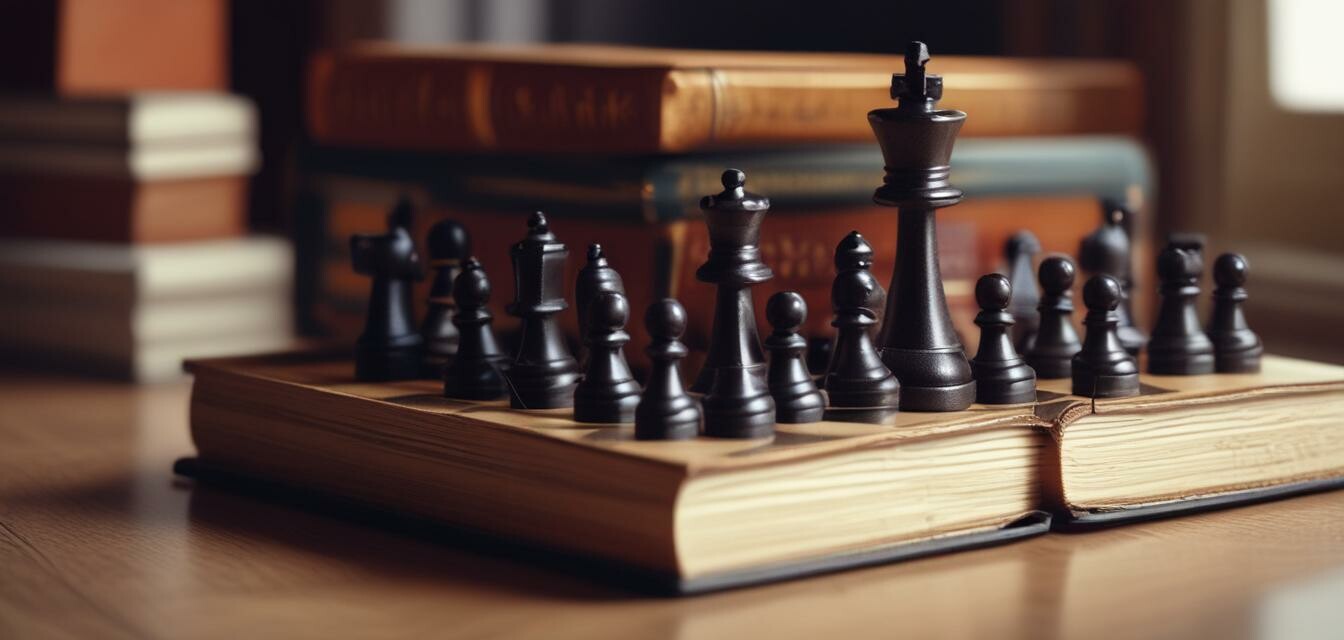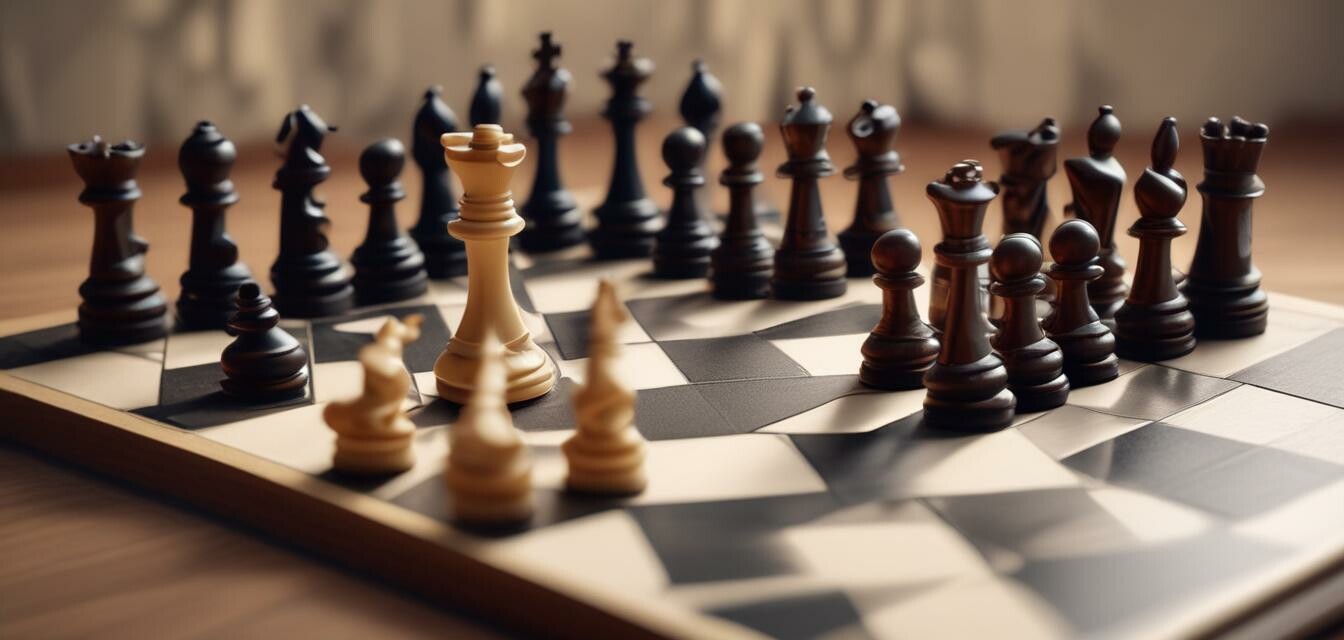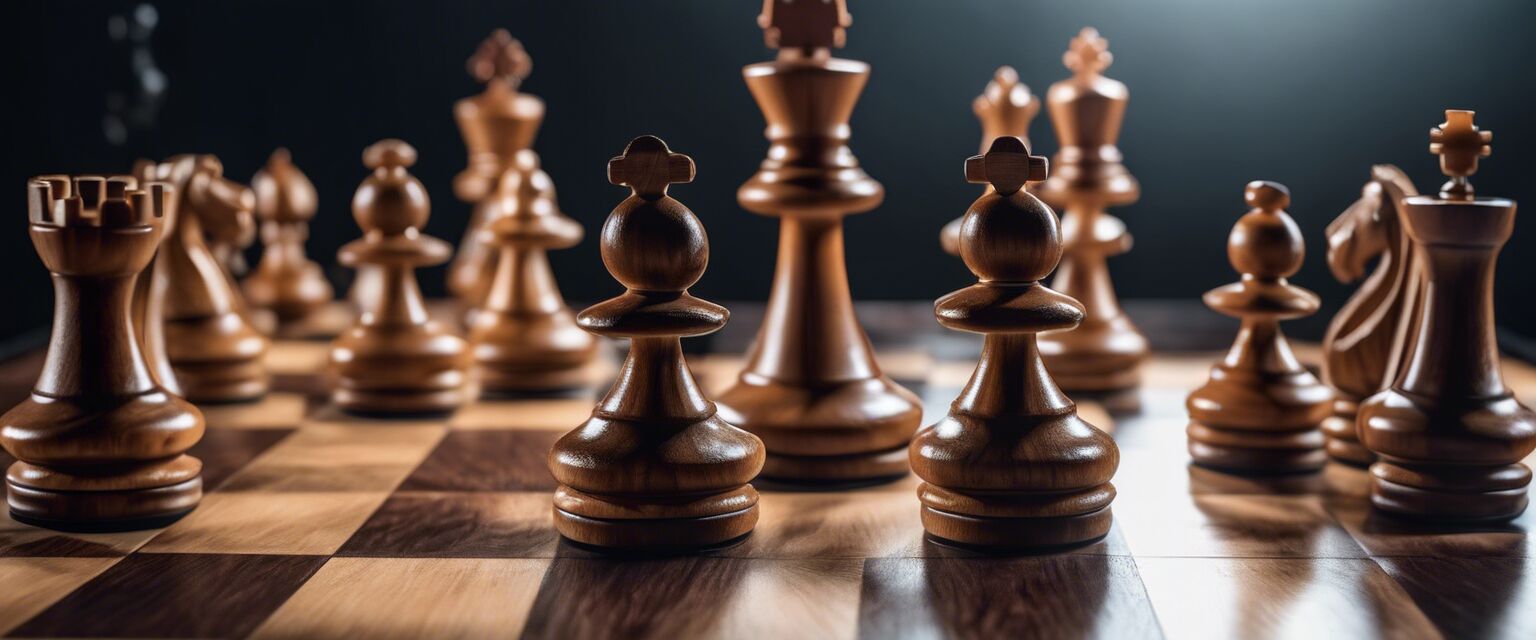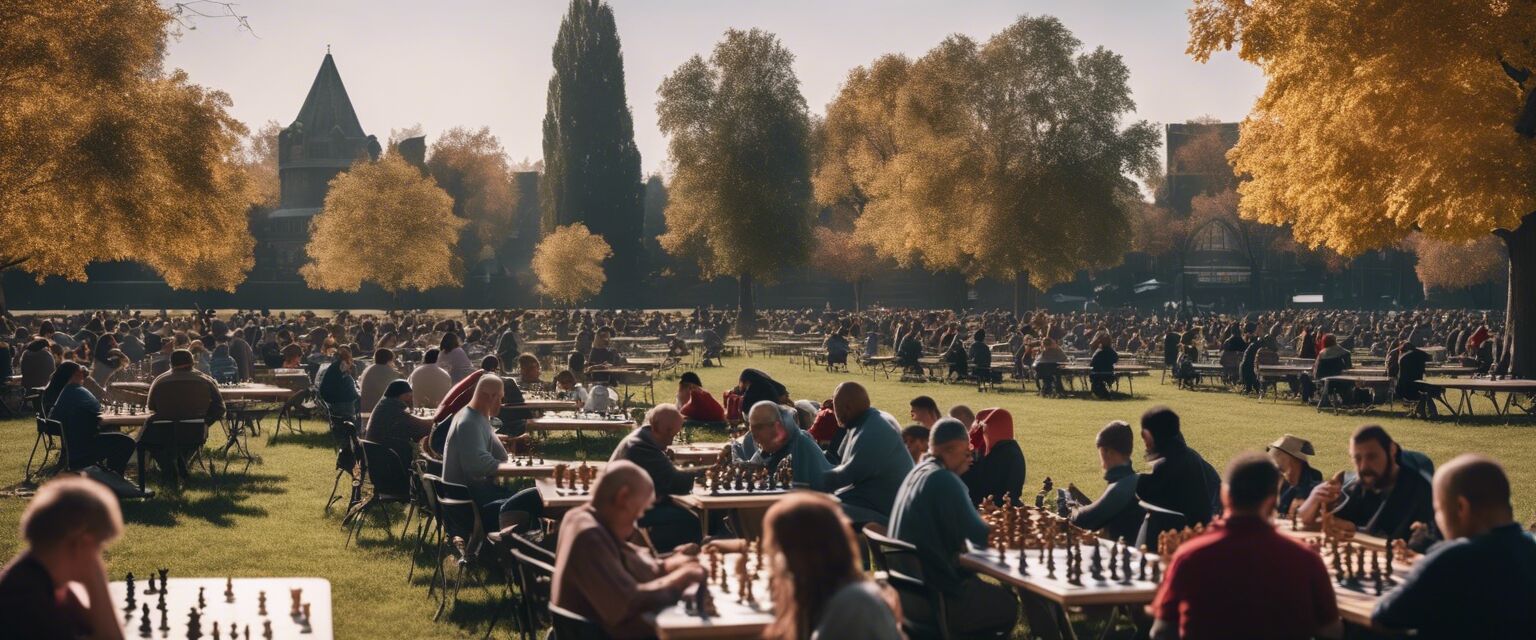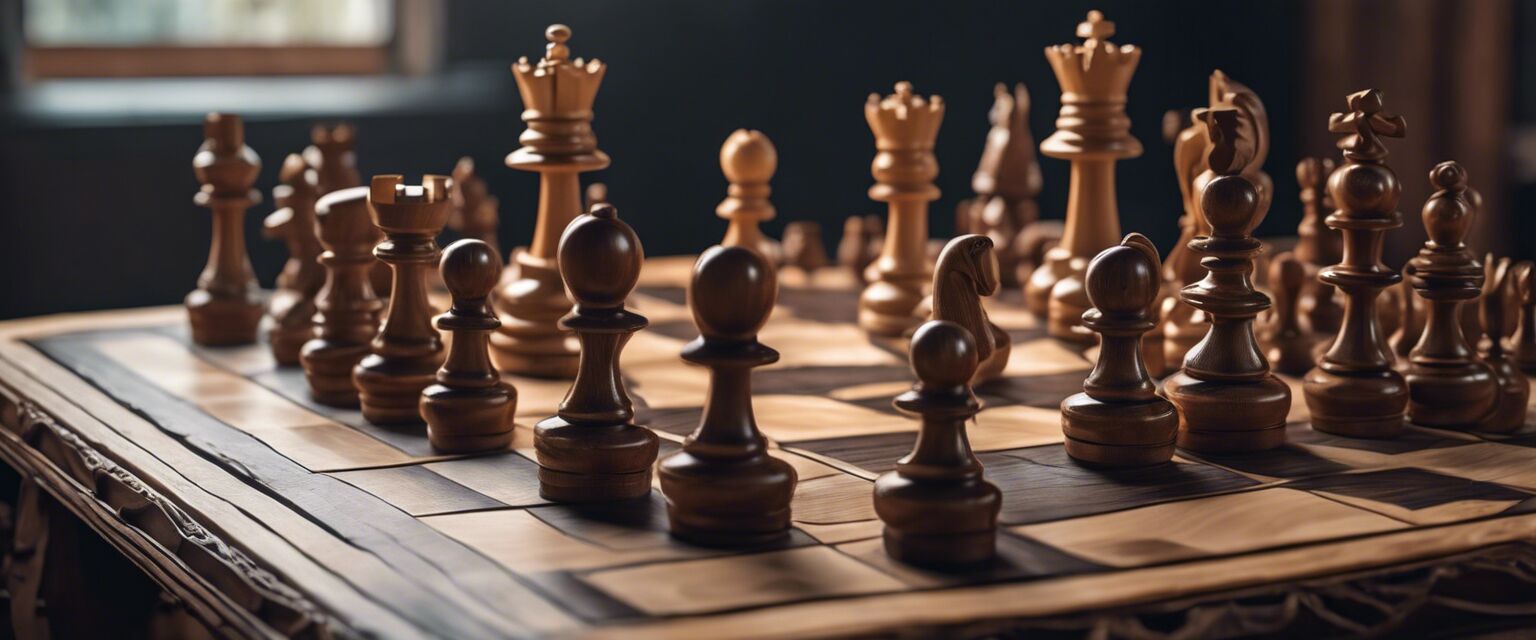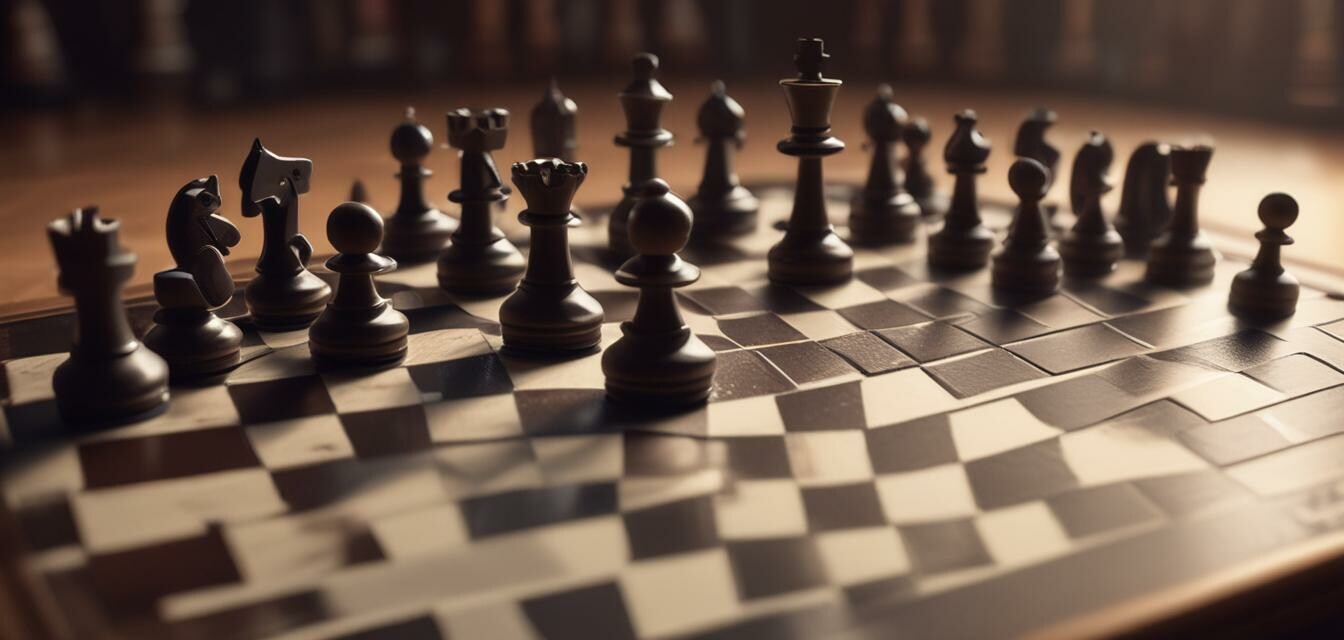
Chess Puzzles and Challenges
Improve your chess skills with our collection of puzzles and challenges designed to test your strategic thinking and problem-solving abilities.
Key Takeaways
- Chess puzzles and challenges can improve your problem-solving skills and strategic thinking.
- Regular practice with chess puzzles can enhance your overall chess skills.
- Chess puzzles and challenges can be a fun and engaging way to improve your chess game.
Why Chess Puzzles and Challenges are Important
Chess puzzles and challenges are an essential part of improving your chess skills. They help you develop problem-solving skills, strategic thinking, and critical analysis. By practicing with chess puzzles, you can:
- Improve your ability to think critically and strategically.
- Enhance your problem-solving skills and ability to think outside the box.
- Increase your confidence and overall chess skills.
Types of Chess Puzzles and Challenges
There are various types of chess puzzles and challenges that can help you improve your skills. Some of the most common types include:
| Type of Puzzle | Description |
|---|---|
| Tactics Puzzles | These puzzles involve finding the best move in a specific position, often involving a tactical motif such as a fork, pin, or skewer. |
| Endgame Puzzles | These puzzles focus on converting advantages into wins in the endgame, often involving king and pawn versus king and pawn. |
| Checkmate Puzzles | These puzzles involve finding the sequence of moves that leads to checkmate. |
| Blindfold Puzzles | These puzzles require you to solve a chess position without looking at the board, relying on your memory and visualization skills. |
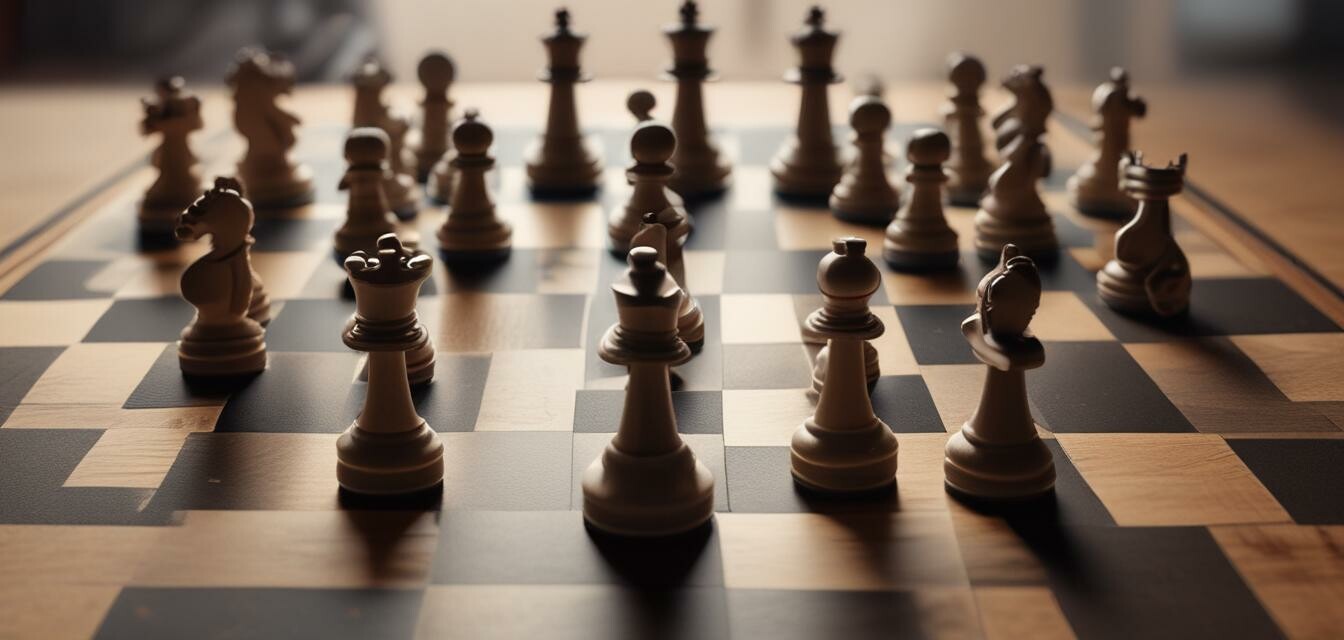
How to Solve Chess Puzzles and Challenges
Solving chess puzzles and challenges requires a combination of skills, including:
- Critical thinking and analysis.
- Pattern recognition and visualization.
- Problem-solving skills and creativity.
To improve your skills, try the following tips:
Beginners Section
- Start with simple puzzles and gradually increase the difficulty level.
- Practice regularly to develop your problem-solving skills.
- Use chess software or apps to access a wide range of puzzles and challenges.
- Join online chess communities or forums to discuss puzzles and challenges with other players.
Chess Puzzles and Challenges for Improvement
Regular practice with chess puzzles and challenges can lead to significant improvement in your overall chess skills. Try the following:
- Solve a set of puzzles or challenges daily or weekly.
- Focus on a specific type of puzzle, such as tactics or endgames, to improve your skills in that area.
- Analyze your games and identify areas for improvement, then practice puzzles that target those weaknesses.
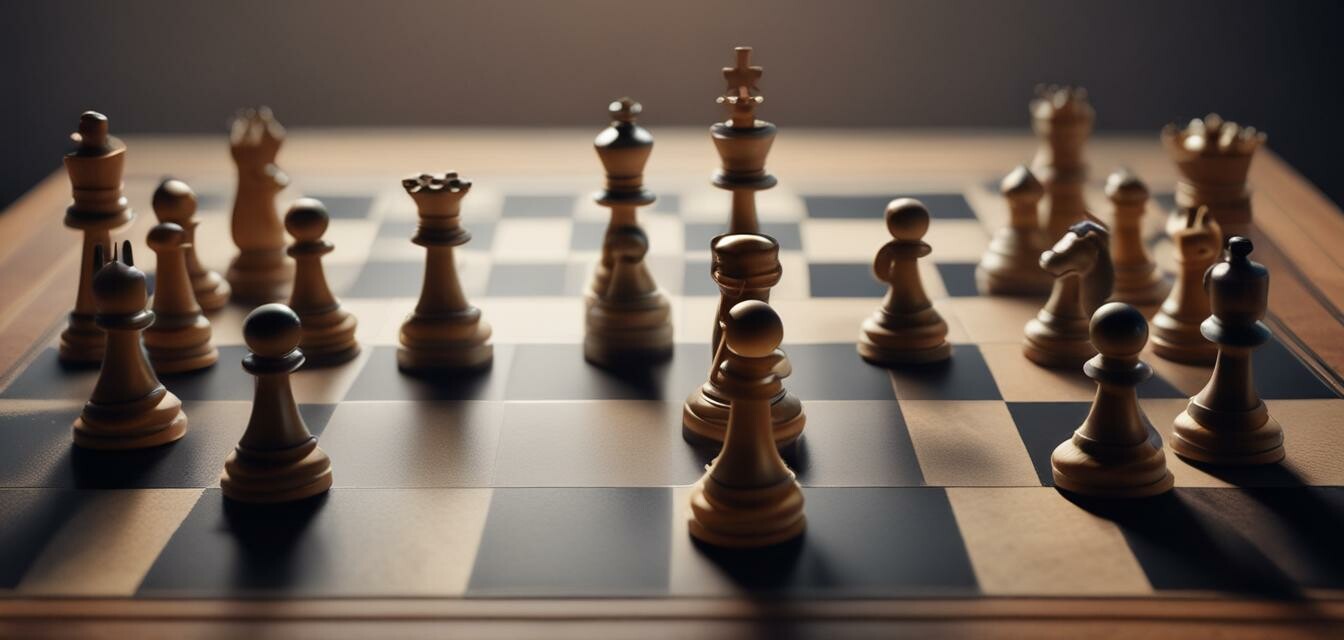
Conclusion
Chess puzzles and challenges are an essential part of improving your chess skills. By incorporating them into your practice routine, you can develop problem-solving skills, strategic thinking, and critical analysis. Remember to start with simple puzzles and gradually increase the difficulty level, and don't be afraid to seek help or guidance from online resources or chess communities.
For more information on chess accessories, check out our collection of chess accessories. To explore our range of chess boards, visit our chess boards section. If you're looking for chess software to help you improve your skills, browse our selection of chess software.
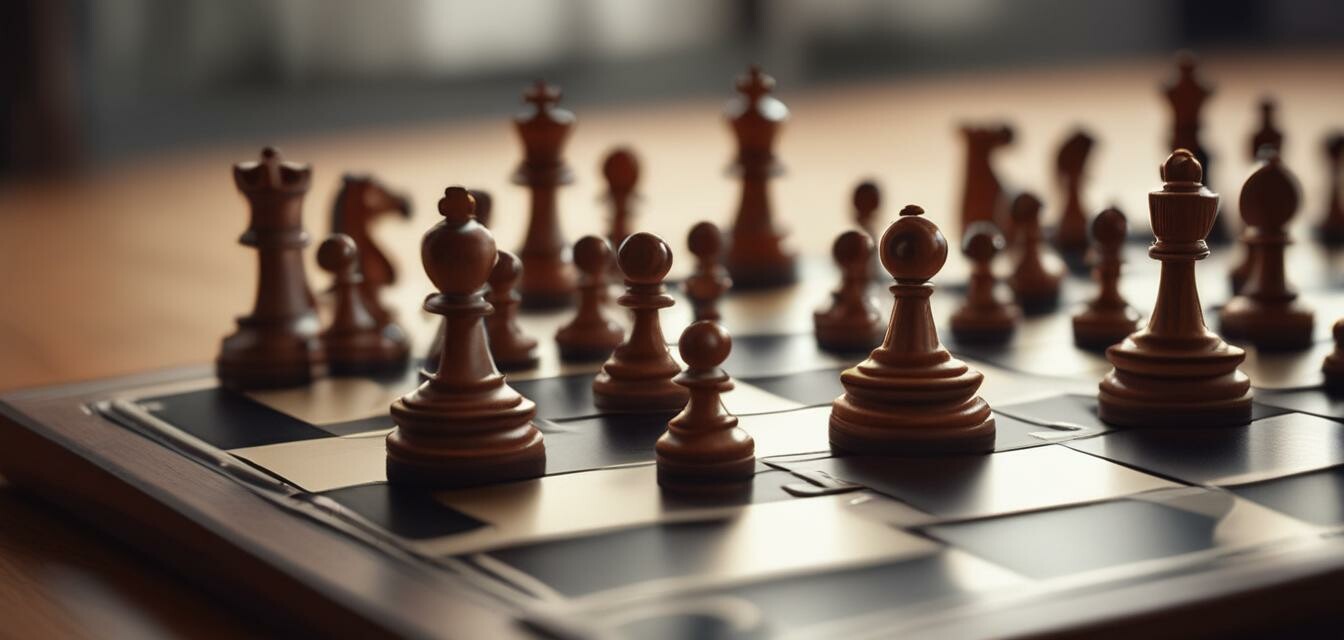
Pros
- Improves problem-solving skills and strategic thinking.
- Enhances critical analysis and visualization skills.
- Can be a fun and engaging way to improve chess skills.
Cons
- May require a significant amount of time and practice.
- Can be frustrating or overwhelming for beginners.
- May not be suitable for players with a low level of chess knowledge.
